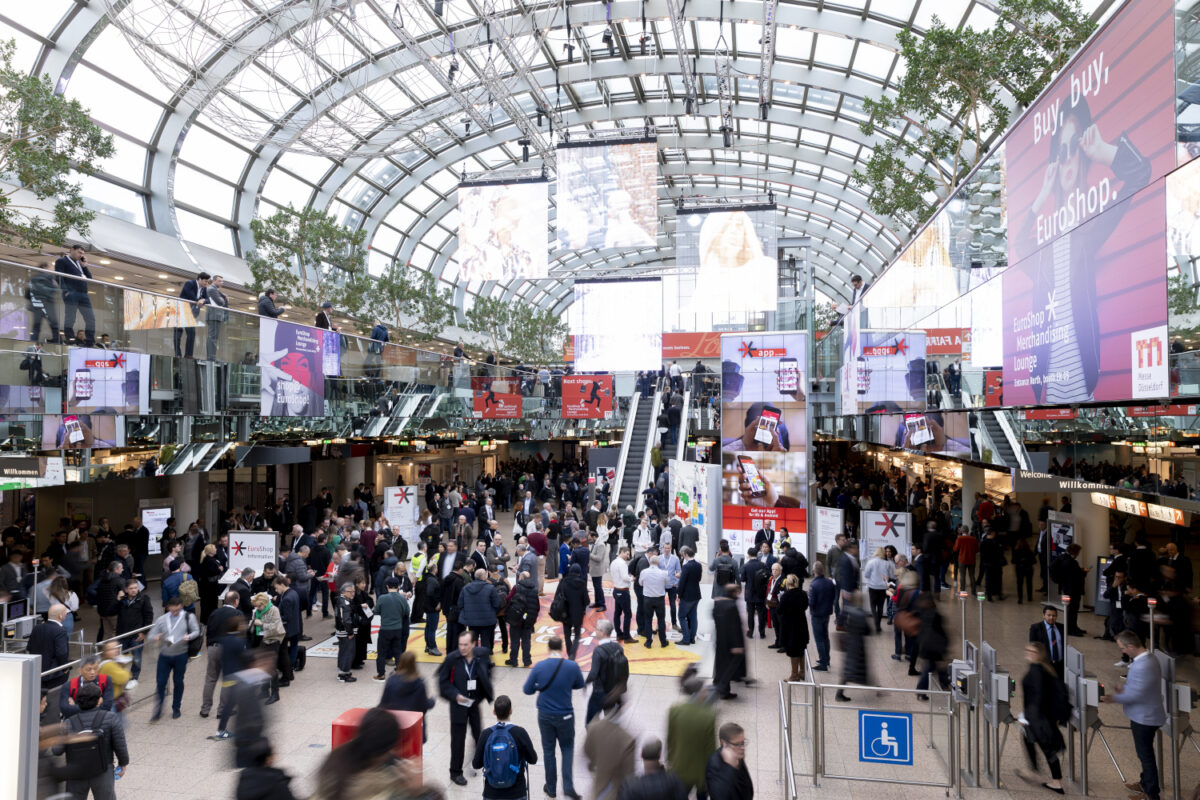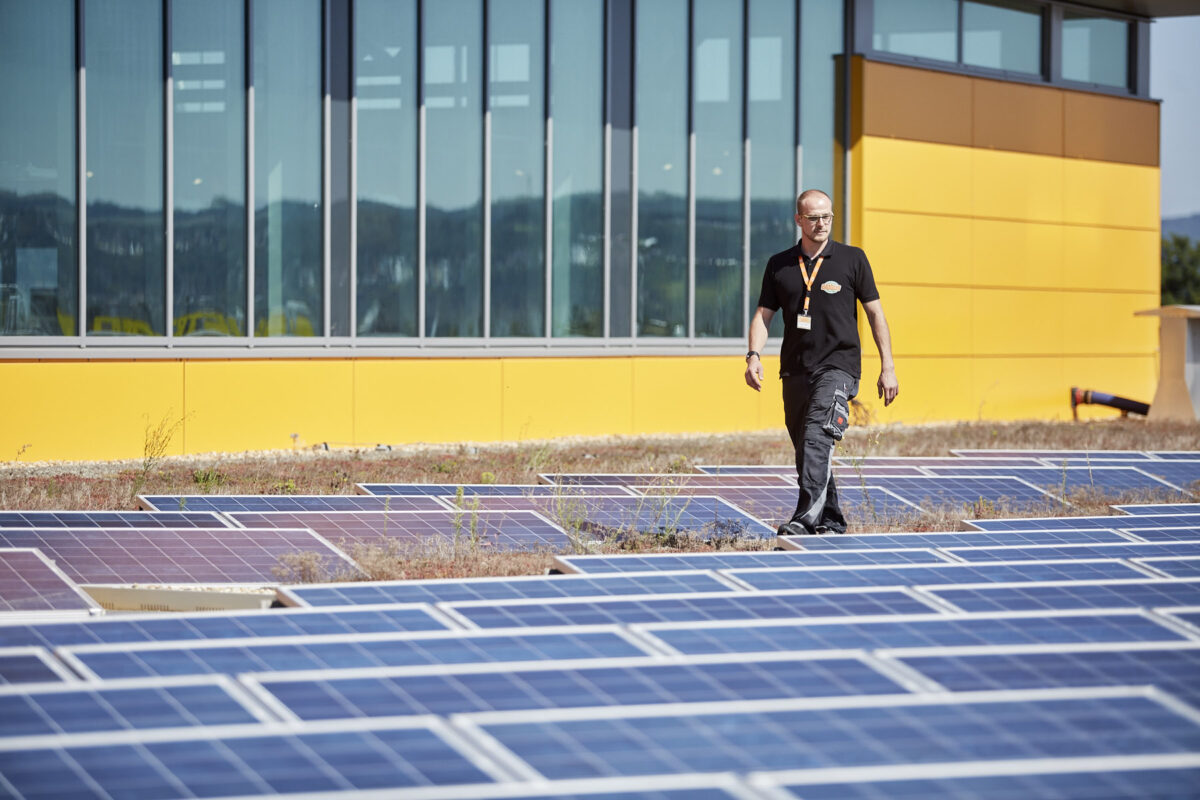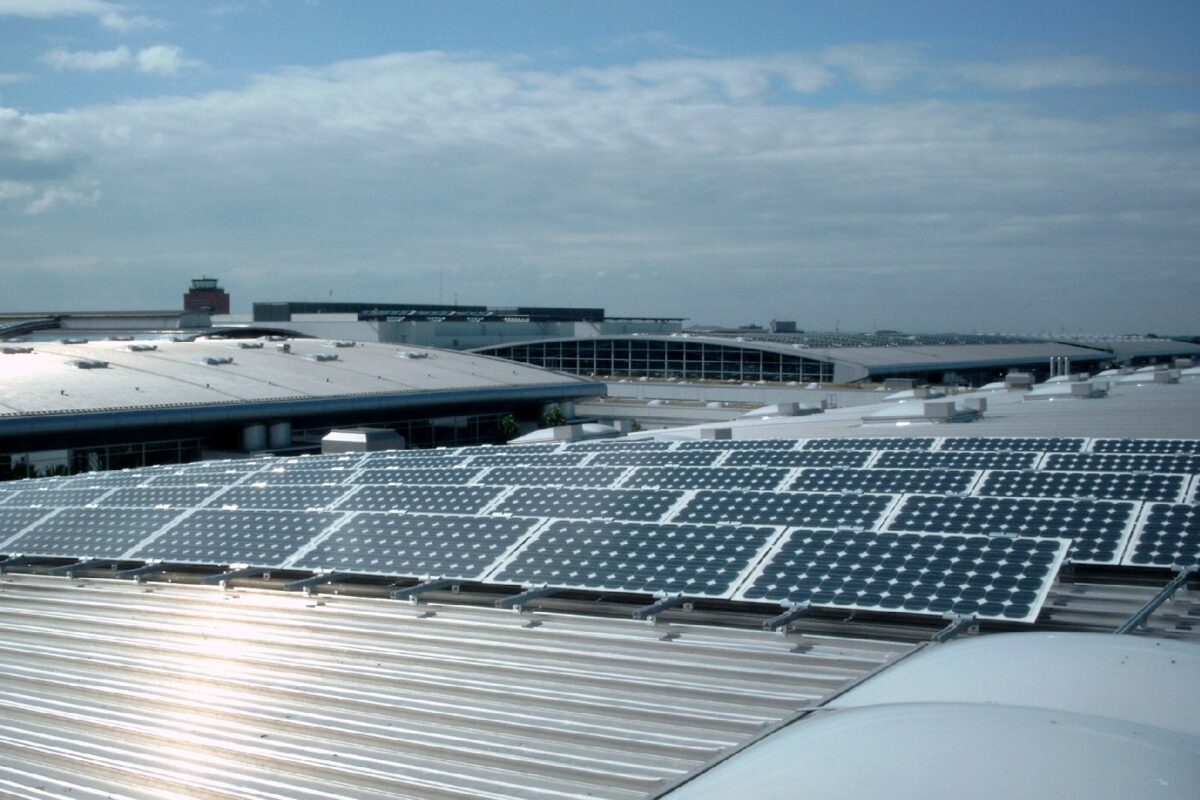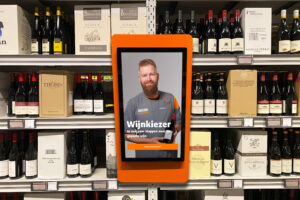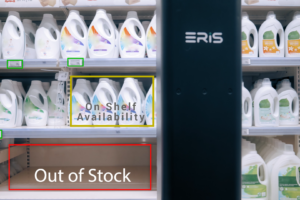The Metering Point Operation Act calls for smart meter rollout
The black and analog electric meter box has become obsolete: The mandatory smart meter rollout will commence in a few months. What does the installation of digital, smart electric meters mean for retailers and chain stores?
The Metering Point Operation Act (“Messstellenbetriebsgesetz“, MsbG) in Germany stipulates the replacement of conventional electric meters (also called Ferraris meters) with modern measuring equipment or smart metering systems. Once the smart meter rollout officially kicks off in the next months, retailers must get ready to have their existing electric meters replaced at their own expense. If companies receive a letter notification, it includes an installation date scheduled by the responsible metering point operator.
The responsible metering point operator is usually your local distribution network operator. The operator is commissioned by the legislator to install the advanced metering infrastructure within clearly defined deadlines and defined costs.
Distribution network operators refer to their own specific rollout plan when they set up appointments to replace a retailer’s electric meter. Generally, network operators start with consumers that use more than 50,000 kilowatt hours – and then proceed in inverse order.
What is the difference between modern measuring equipment and a smart metering system?
Generally speaking, digital and smart electric meters are commonly being referred to as smart meters. However, the legislator distinguishes between modern measuring equipment and smart metering systems. The key difference: The smart measuring system features a communication module, the so-called smart meter gateway. Among other things, it guarantees secure data transmission and communication with other electricity market participants.
Metering point operators are typically responsible for installing the measuring technology that meets all legal requirements. There is a statutory price cap for companies with an annual electricity consumption of up to 100,000 kilowatt hours (modern measuring equipment: 20 euros per year / smart metering system: contingent on consumption/generation of energy) and the conversion to one of the two main types of electricity meters. The caps pertain to both energy consumption and energy production – for example, if a company runs its own photovoltaic (PV) system on the roof of the store to create its own power.
What are the benefits of being proactive?
Retailers that want to keep tabs on the conversion process should take a proactive approach in the coming weeks. Those who rely on the mandatory installation of an electric meter by a metering point operator are not in control in terms of who the installer is and what system is being set up. Having said that, companies are just like any other consumer and can contract a metering point operator of their choice.
Choosing your own metering point operator can have advantages: nationwide operating providers of metering solutions like Discovergy can make the meter switch easy by offering single-source solutions for all stores of a retailer anywhere in Germany. This saves administrative costs and guarantees security.
What’s more, this allows retailers to decide when they want to launch the conversion process – and in doing so, benefit from increased transparency. Discovergy offers accurate monitoring of energy consumption and energy generation in real time via an app and a web portal. This enables retailers to compare the energy consumption of each store and try out energy efficiency measures before implementing them.
Companies that want to be in full control of the process, costs, and energy consumption should not wait until they receive a letter notification from the metering point operator in the mail. Those who act before the start of the rollout are protected under the eight-year grandfather clause as defined by the Metering Point Operation Act. In doing so, the metering point operator can no longer get involved and the retail sector is free to take advantage of the added benefits at constant cost for the next eight years!
Author: Joachim Lang, Sales Director, Discovergy
First published on iXtenso – Magazine for Retailers









